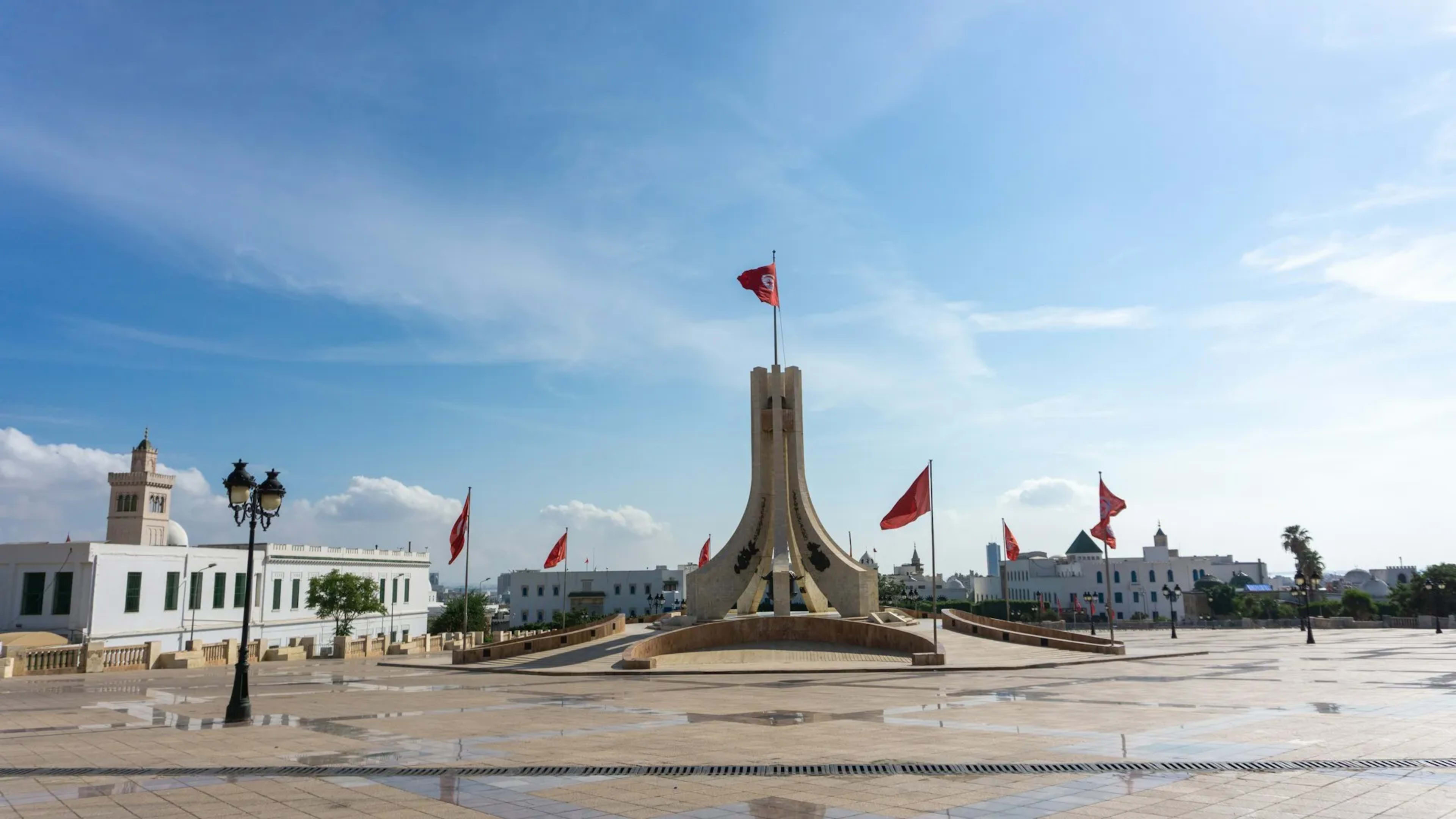Location & Transportation
Gabes is a stark, industrial port located within easy walking distance from the town center. I love that you can step off your cruise ship and quickly feel the authentic local vibe. Local taxis and buses make it simple to explore further afield if you’re curious about more of what Gabes has to offer.
Sightseeing
Gabes is unlike any other port I’ve visited—you’re really stepping into the world’s only seaside oasis. Here are some of the highlights that make Gabes so fascinating:
- Stroll along two distinct parts of the oasis: one between the city and the sea, and another stretching toward the desert.
- Visit the early morning fishing port to see boats arriving with the day’s fresh catch and watch local fishermen mending their nets.
- Explore the beautiful Mosque and tomb of Sidi Boulbaba, a charming site with a courtyard paved in intricate tiles. (Fun fact: Sidi Boulbaba was known as the Prophet Mohammed's barber!)
- Discover the Museum of Popular Arts and Traditions right next to the mosque, where artifacts tell the story of Gabes’ rich cultural heritage.
- Unwind on the sandy Lemawa (or Lemaya) beach for a relaxing break.
- Consider a visit to nearby attractions such as Chenini du Gabès—a quaint oasis village famous for its basketwork—as well as day trips to Matmata, known for its troglodyte homes, and Djerba, particularly Houmt Souk, which lies about 108 km to the east.
Tours & Excursions
If you’re in the mood for an adventure, Gabes offers some unique tours and excursions:
- Enjoy a one-of-a-kind horse-drawn carriage tour of the oasis, a memorable way to see the local landscape.
- Head over to Chenini du Gabès (just 4 km west) to admire exquisite traditional basketwork and experience the world’s largest maritime oasis.
- Many local tour operators offer excursions that include a visit to the bustling Djara market, handicraft shops, and even the Museum of Customs and Popular Mores of Sidi Boulbaba.
- The Regional Tourism Office also organizes trips to Matmata, where you can explore well-preserved troglodyte dwellings with Berber heritage, and to El Hamma, celebrated for its soothing thermal waters.
It‘s a good idea to compare shore excursion costs between what your cruise line offers and options like Viator and GetYourGuide. They often provide lower prices and include customer reviews and ratings to help you choose the best option. They may also offer more more flexible cancellation or rescheduling policies than those available through your cruise line. However, while booking independently might give you more variety and potentially better rates, be mindful of your schedule - cruise line excursions are typically coordinated to match your ship‘s schedule with guaranteed pick-up and drop-off times.
There is also a great resource for finding local guides at Tours by Locals. Tours by Locals connects you with local guides who can help you plan a private personal tour, guide you, and get you back to your ship on time. You can also check out Rome2Rio for local transportation options. It is a great resource for finding how to get from one place to another, including public transportation, taxis, ferries, and more.
Shopping
Gabes is a treasure trove for those who appreciate authentic local crafts:
- Look for beautifully made baskets—a true local specialty that also makes a great, practical souvenir.
- Pick up traditional henna paste, used in local ceremonies and for temporary body art.
- Wander the local markets to find unique artisan products that capture the spirit of Tunisia.
Dining
Although Gabes isn’t as touristy as some larger destinations, the culinary scene here is a delightful revelation:
- Savor traditional Tunisian dishes such as couscous, fresh seafood, and flavorful tagines in local family-run restaurants.
- Enjoy modest cafés and eateries in town where the focus is on authentic flavors rather than international chains.
- Don’t be shy to ask locals for their favorite dining spots—there’s nothing like a recommendation from someone who calls Gabes home.
Culture & Local Events
Gabes offers rich cultural experiences and local insights that truly make you feel the heartbeat of Tunisia:
Local Events
- Local markets and festive events often reflect the traditions of Tunisia. Whether you visit during Ramadan or another local festival, you’re likely to witness lively music, street food, and colorful displays of artisan crafts.
- Keep an eye out for seasonal events that celebrate the heritage of Gabes; there’s usually something happening that offers a glimpse into the local lifestyle.
Safety & Awareness
- Local language is primarily Arabic and French. While English may be spoken in some tourist areas, learning a few basic phrases can go a long way.
- On Fridays, many shops take a break in the afternoon, so plan your shopping excursions accordingly.
- As with any destination, keep your belongings secure in crowded markets.
- In an emergency, dial 197.
Additional cultural notes:
- While the local currency in Gabes is the Tunisian dinar (TND), some businesses may accept Euros. It’s always a good idea to have some cash on hand.
- When visiting religious sites, dress modestly as a sign of respect.
